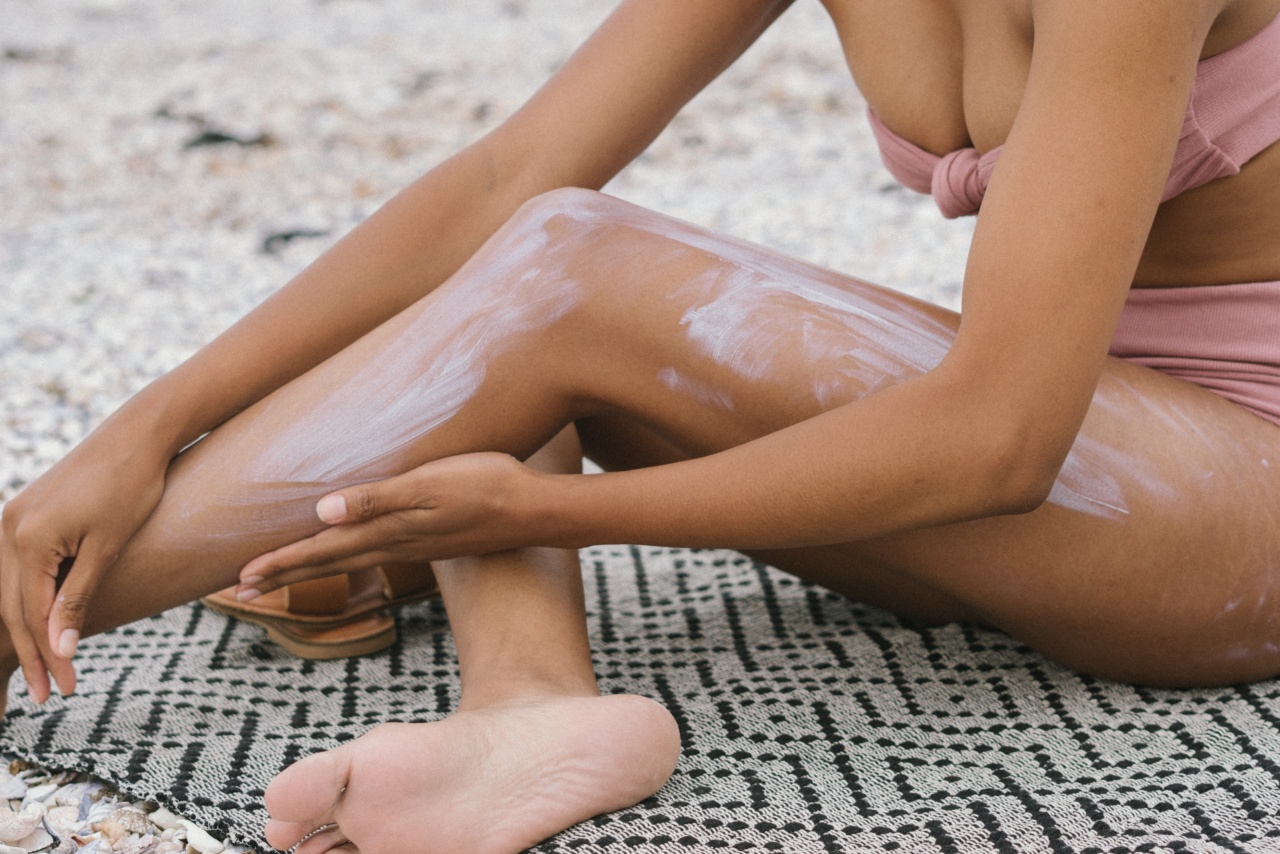Summer is the season for outdoor activities such as swimming, hiking, and barbeques. This season can be harsh on your skin due to exposure to the sun and humidity.
It is a time when skin ailments are common, and it’s important to take extra care of your skin. Here’s a comprehensive guide to preventing summer skin ailments:.
Sunburn
Sunburn is the most common summer skin ailment. If you don’t take precautions, you can end up with painful, red skin that peels and blisters.
To prevent sunburn, apply a broad-spectrum sunscreen with an SPF of 30 or higher, 15 minutes before going out in the sun.
Reapply every two hours, or immediately after swimming or sweating. Also, avoid the sun between 10 am and 4 pm when UV rays are the strongest.
Heat Rash
Heat rash is caused by blocked sweat ducts. It can develop into red bumps, blisters, and itchiness. To prevent heat rash, wear loose-fitting, breathable fabric during the summer months.
Avoid tight, synthetic materials that can trap moisture and increase the likelihood of heat rash.
Acne Breakouts
Acne is not just a teenage problem; it can affect individuals of all ages during the summer months. The heat and humidity can cause your skin to produce excess oil, leading to acne breakouts.
To prevent acne during the summer, use a gentle cleanser daily to remove the dirt, sweat, and oil from your face.
Avoid using oily hair products or touching your face with dirty hands. Finally, change sheets and pillowcases frequently to prevent bacteria buildup.
Dehydration
The summer heat can lead to dehydration, which can result in dry, cracked skin. To prevent dehydration, drink plenty of water throughout the day. If you’re going to be outdoors for an extended period, bring a water bottle with you.
Avoid alcohol and caffeine, as they can dehydrate you further. You can also eat fruits and vegetables, which have high water content, to stay hydrated.
Fungal Infections
Fungal infections such as athlete’s foot and ringworm are common during the summer months. These infections thrive in warm, moist environments.
To prevent fungal infections, avoid walking barefoot in public areas, such as swimming pools and locker rooms.
Change your socks and shoes frequently, and wear breathable shoes. Also, keep your skin clean and dry, and avoid sharing personal items like towels and razors.
Razor Burn
Razor burn is a common skin ailment during the summer months. It occurs when the skin is irritated due to shaving, leading to red bumps and itchiness. To prevent razor burn, use a sharp razor and shaving cream when shaving.
Shave in the direction of hair growth, and avoid shaving too often. Moisturize your skin with a non-oily moisturizer afterward to avoid dryness.
Poison Ivy, Oak, and Sumac
Poison ivy, oak, and sumac are plants that cause painful rashes and blisters when touched. To prevent coming into contact with these plants, wear long pants, long sleeves, and closed-toe shoes when hiking or working outdoors in wooded areas.
Learn to identify these plants and avoid touching them. If you come into contact with any of them, wash the affected area with soap and water immediately and seek medical attention if necessary.
Dark Spots
Dark spots, also known as age spots, are caused by exposure to the sun’s UV rays. They tend to appear on areas of the skin that are frequently exposed to the sun, such as the face, hands, and arms.
To prevent dark spots, wear sunscreen daily, even if you’re not planning to spend a lot of time outdoors.
Wear a hat and sunglasses to protect your face and eyes from the sun’s harmful rays. Finally, avoid tanning beds, which can increase your risk for dark spots and skin cancer.
Dry Skin
Dry skin is a common ailment during the summer months, due to the heat and humidity. To prevent dry skin, moisturize your skin daily with a non-oily moisturizer.
Avoid taking long, hot showers or baths, as these can dry out your skin even further. Use a mild, fragrance-free soap, and pat your skin dry instead of rubbing it vigorously with a towel.
Conclusion
The summer months can be harsh on your skin, but there are several ways to prevent summer skin ailments. By following the tips in this comprehensive guide, you can keep your skin healthy and glowing all season long.




























